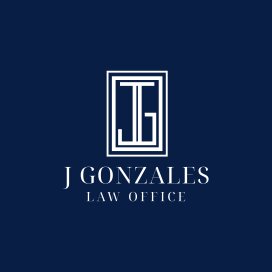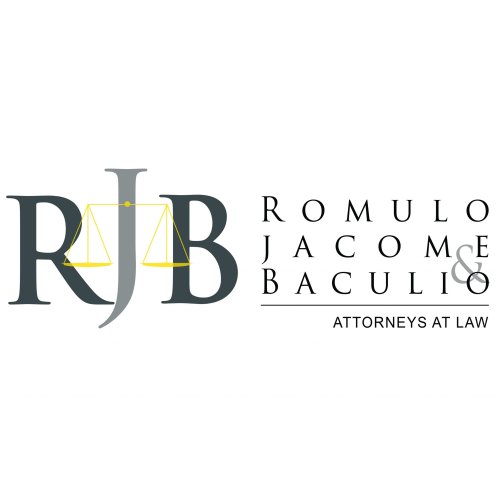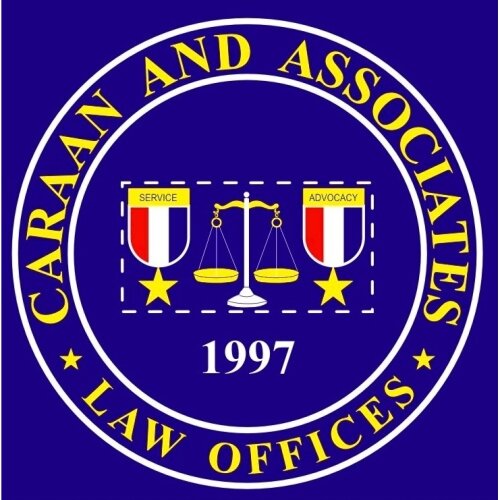Best Land Use & Zoning Lawyers in Manila
Share your needs with us, get contacted by law firms.
Free. Takes 2 min.
Free Guide to Hiring a Real Estate Lawyer
List of the best lawyers in Manila, Philippines
Philippines Land Use & Zoning Legal Questions answered by Lawyers
Browse our 1 legal question about Land Use & Zoning in Philippines and read the lawyer answers, or ask your own questions for free.
- Property right of way quesiton
- The land my wife and I purchased and built a house was originally platted based on a provincial road. The provincial road was straightened and our property is no longer directly on the new road. Do we have a legal claim to an access right of way along the original... Read more →
-
Lawyer answer by Kanasra & Mangi Law Associates
If the provincial road was straightened and your property now lacks direct access, you might have a legal claim for a right of way along the original lines if it is the most practical route to access your property. When...
Read full answer
About Land Use & Zoning Law in Manila, Philippines
The Land Use & Zoning Law in Manila, Philippines governs the regulation and utilization of land within the city. It aims to organize and guide the development of various areas, ensuring the orderly and sustainable use of land for different purposes such as residential, commercial, industrial, and public spaces. This law is crucial for maintaining the balance between urban development and environmental preservation.
Why You May Need a Lawyer
Engaging a lawyer specializing in Land Use & Zoning Law in Manila, Philippines is advisable in several situations:
- When purchasing or selling property: A lawyer can ensure that the property meets the zoning requirements and verify any restrictions or legal obligations.
- For property development: Whether constructing a new building or altering an existing one, legal advice is essential to ensure compliance with zoning regulations and obtain necessary permits.
- In disputes: If you become involved in a land use dispute, such as a boundary disagreement or violation of zoning laws, a lawyer can represent your interests and work towards a resolution.
- Obtaining permits and licenses: Lawyers can assist in navigating the complex process of obtaining permits and licenses related to land use and zoning.
- Zoning changes: If you wish to request changes to zoning designations or challenge proposed changes, legal expertise can help present your case effectively.
Local Laws Overview
Key aspects of local laws relevant to Land Use & Zoning in Manila, Philippines include:
- Comprehensive Land Use Plan (CLUP): This plan serves as a guide for land use decisions, dividing the city into various zones and prescribing suitable uses for each.
- Zoning Ordinances: These ordinances provide specific regulations and requirements for land use in each zone, covering aspects such as setbacks, building heights, floor area ratios, and permitted activities.
- Easements and Setbacks: Easements allocate spaces for public use while setbacks enforce a minimum distance between structures and property lines to ensure safety and adequate natural light and ventilation.
- Environmental Regulations: Manila has policies and regulations in place to protect the environment, including restrictions on land use near bodies of water, forest reserves, and other ecologically sensitive areas.
- Historical Preservation: Certain areas in Manila may have legal protection to preserve their historical, cultural, or architectural significance. These areas may have additional regulations governing land use and development.
Frequently Asked Questions
1. Can I change the zoning designation of my property?
Changing the zoning designation of a property is possible but generally requires approval from the appropriate government agencies. You will need to submit a request for reclassification, justifying the proposed change and demonstrating compliance with land use policies and regulations. It is advisable to consult with a lawyer experienced in land use matters to assist with this process.
2. What happens if I violate zoning regulations?
Violation of zoning regulations can lead to penalties and legal consequences. Depending on the severity of the violation, you may be required to halt or modify the unlawful activity or structure, pay fines, or face legal action. It is crucial to consult with a lawyer if you have inadvertently violated zoning regulations to understand your options and potential remedies.
3. What permits and licenses do I need for property development?
The permits and licenses required for property development vary depending on the scope and nature of the project. Some common permits include building permits, environmental compliance certificates, occupancy permits, and zoning clearances. Engaging a lawyer specializing in land use and zoning can help you determine the specific permits and licenses needed for your project and guide you through the application process.
4. Can I appeal a zoning decision?
Yes, it is possible to appeal a zoning decision. If you believe that a zoning decision has been made incorrectly or unfairly, you can file an appeal with the relevant government agency or regulatory body responsible for land use and zoning. It is advisable to seek legal assistance to ensure that your appeal is properly prepared and presented to maximize your chances of success.
5. How do I know the zoning designation of a property?
You can determine the zoning designation of a property by consulting the Comprehensive Land Use Plan (CLUP) or reviewing the zoning maps of Manila. These documents are typically available from the city's planning department or zoning authority. Alternatively, you can engage a lawyer familiar with land use matters to assist you in obtaining this information.
Additional Resources
For further information and assistance related to Land Use & Zoning in Manila, Philippines, consider reaching out to the following resources:
- Manila City Planning and Development Office (CPDO) - The CPDO is responsible for land use planning, zoning administration, and urban development in Manila.
- Department of Environment and Natural Resources (DENR) - The DENR oversees the enforcement of environmental regulations and the protection of natural resources.
- Integrated Bar of the Philippines (IBP) - The IBP can help connect you with qualified lawyers specializing in Land Use & Zoning Law in Manila, Philippines.
Next Steps
If you require legal assistance in Land Use & Zoning in Manila, Philippines, follow these steps:
- Evaluate your specific situation and determine the areas in which you require legal advice.
- Research and identify lawyers experienced in Land Use & Zoning Law in Manila, Philippines.
- Contact the lawyers or firms you have shortlisted to discuss your case and evaluate their expertise.
- Choose a lawyer who is knowledgeable, trustworthy, and suits your needs.
- Set up a consultation with the chosen lawyer to discuss your case in detail and proceed with necessary legal actions.
Lawzana helps you find the best lawyers and law firms in Manila through a curated and pre-screened list of qualified legal professionals. Our platform offers rankings and detailed profiles of attorneys and law firms, allowing you to compare based on practice areas, including Land Use & Zoning, experience, and client feedback.
Each profile includes a description of the firm's areas of practice, client reviews, team members and partners, year of establishment, spoken languages, office locations, contact information, social media presence, and any published articles or resources. Most firms on our platform speak English and are experienced in both local and international legal matters.
Get a quote from top-rated law firms in Manila, Philippines — quickly, securely, and without unnecessary hassle.
Disclaimer:
The information provided on this page is for general informational purposes only and does not constitute legal advice. While we strive to ensure the accuracy and relevance of the content, legal information may change over time, and interpretations of the law can vary. You should always consult with a qualified legal professional for advice specific to your situation.
We disclaim all liability for actions taken or not taken based on the content of this page. If you believe any information is incorrect or outdated, please contact us, and we will review and update it where appropriate.














